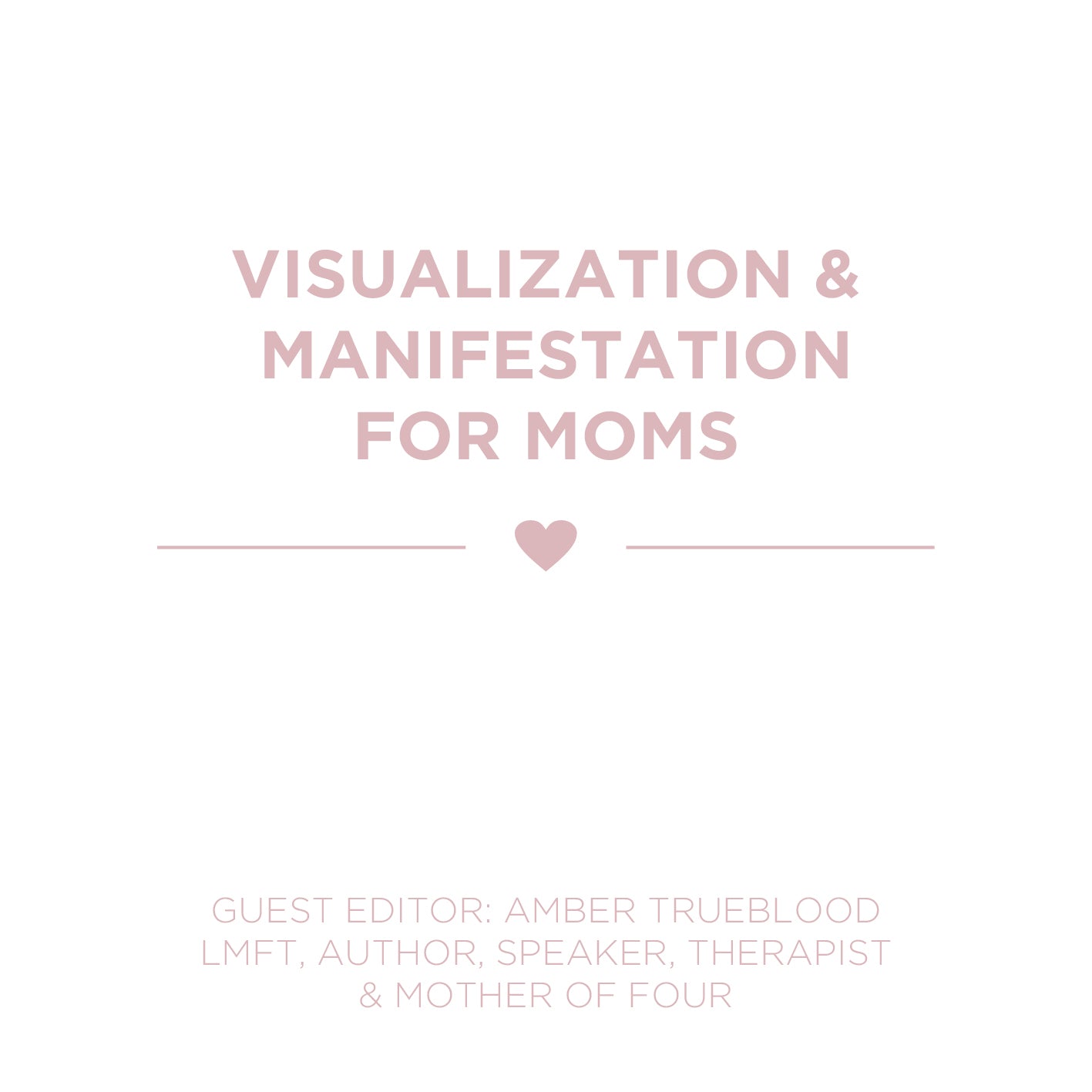Guest Editor: Amber Trueblood, LMFT Author, Speaker, Therapist & Mother of Four
Pregnancy and motherhood bring enough potential worries into your life, without quarantine, financial stress, and polarizing elections in the mix. With the added fears and pressures we’ve experienced these last several months, it’s vital to use all the tools possible to reduce stress and alleviate feelings of anxiety. Babies need mamas who are as calm and healthy as possible.
These Five Steps are simple and practical. Let’s reduce your stress load!
It’s important to note that these steps are also incredibly helpful to use when you’re actually in labor. So whether you have a toddler running around, are seven-months pregnant, or both, I think you’ll find these essential to use on a daily basis.
Let’s use the acronym L.A.B.O.R. to help you remember:
Look to the Present Moment: Often, it’s the fear of what MIGHT happen next that causes the most pain and anguish. Instead, focus on what you’re experiencing at THIS moment. You may find you can totally handle THIS particular moment. Allowing your focus to drift into future fears of what may or may not happen will only serve to amplify your anxiety and discomfort.
If focusing on next month is too stressful, narrow your outlook to next week. If next week feels daunting, narrow it to tomorrow. If tomorrow feels like too much, focus on the next few hours. You ONLY have control over the NOW anyway. So focus one step at a time, and that is the best you can do for yourself and your child.
Avoid Annoying People. Surround yourself with supportive people. When you’re in the throes of labor, the last thing you want is annoying or hurtful people around you. Similarly, when under a lot of stress, you need to actively surround yourself with people who leave you feeling loved, accepted, and respected.
At this point, you don’t “owe” it to anyone to submit yourself to bullies or judgmental relatives. Your sole job is to take care of yourself emotionally so that you then have the emotional energy to support those you love. Know yourself and be honest about how much you can handle at a given moment. Be kind to yourself. Always.
Breathe. Take slow, deep breaths. You’ll find improved immune function, a more efficient metabolism, and better quality of sleep. Doesn’t that sound amazing? Deep breathing oxygenates your blood cells, reduces your blood pressure, decreases cortisol levels, releases endorphins, and even reduces the activation of pain centers in your brain. It’s not a coincidence that slow deep breathing is the cornerstone of yoga and meditation. It’s truly magical. Use it more often. In fact, let’s all take three slow deep breaths right now. Relax your shoulders. Now your teeth, unclench them. Ok close your eyes and breathe in and out through your nose three times as slowly as comfortably possible. Nice job. You get ten points. Actually, make that one hundred points. You deserve it.
H2O. Drink lots of water. How much tea, coffee, wine, or soda are you consuming every day? Try chugging a glass of water for every “other” beverage you drink. You may find your skin looking better, your hair shining, that dull headache gone, and fewer urges to snack on unhealthy treats throughout the day.
It’s simple. But, to make a habit, you’ve got to set yourself up for success. Grab that big water bottle from the back of the cupboard, put some lemon in ice-cold water, or give yourself a star-chart to celebrate every glass of water you drink this week. Do whatever is most likely to work for YOU.
Relax. Specifically, relax the muscles in your face, jaw, and shoulders. While this will allow you to more easily relax the muscles in your pelvis during labor, it also reduces anxiety-related issues like teeth grinding, TMJ, and muscle tension.
Smiling, laughing, and even chewing gum is a way to trick your nervous system. When you’re doing these things, your body sends your brain a message that you are not actually in danger. Blood flows from your extremities back into your brain. Your brain stops releasing spikes of adrenalin and cortisol. This means your brain will be able to focus and solve problems more efficiently, your metabolism will work better, and you’ll likely find you have more patience and calm with loved ones.





